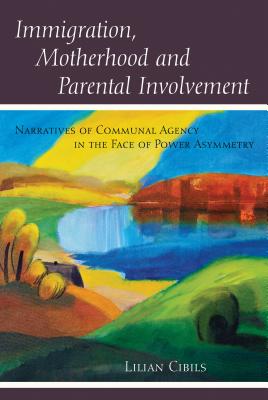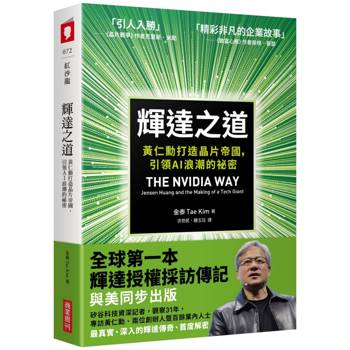Immigration, Motherhood and Parental Involvement is based on the vivid accounts of seven Latina immigrant women of how they learned to navigate the school system in the rural southwest of the United States. Their stories are presented within several contexts, the socio-political conditions of immigration overarching them all. The process of acquiring a new socio-cultural script offers a common frame to the narratives, which illustrate the central role of the community in finding spaces for agency in circumstances of vulnerability. As a contribution to educational theory, this book explores the official discourse of parental involvement within the broader context of social policy by pointing to a common underlying ideal parent norm across areas of policy related to family and women. It also revisits the concept of parental involvement through contrasting ideologies of motherhood, as it applies the concept of participation parity in everyday institutional interactions as a fundamental measure of social justice. Immigration, Motherhood and Parental Involvement offers deep insight into the institutionalized patterns of formal inclusion/informal exclusion in the relationship of schools with Latina immigrant mothers, even within the best intended programs. Its focus on the persistent need for the implementation of culturally and linguistically sensitive approaches to home-school relations makes this a must-read for undergraduate and graduate courses in teacher education, education leadership and sociology of education. Teachers, administrators and policymakers committed to moving away from the prevalent view of mothers as people who mainly need to be educated also need to read this book.











